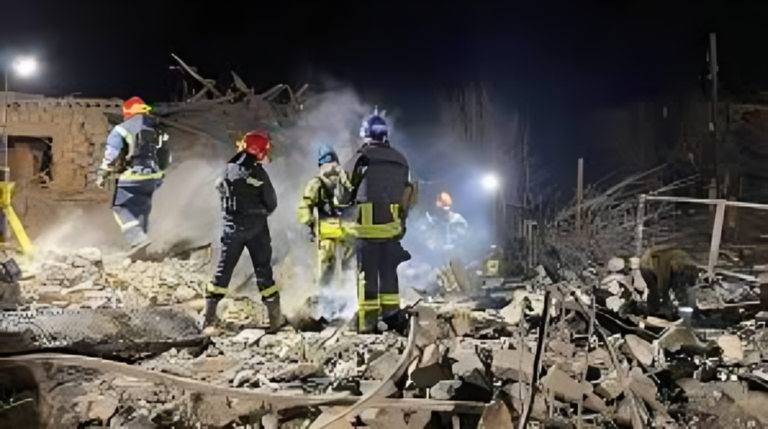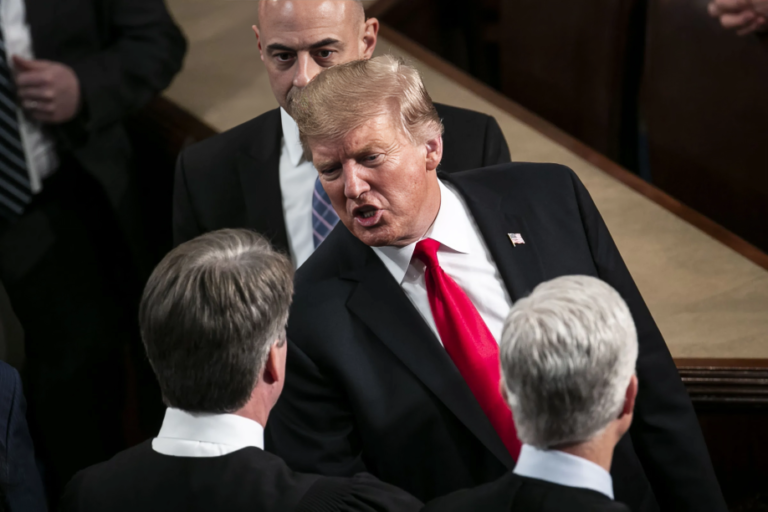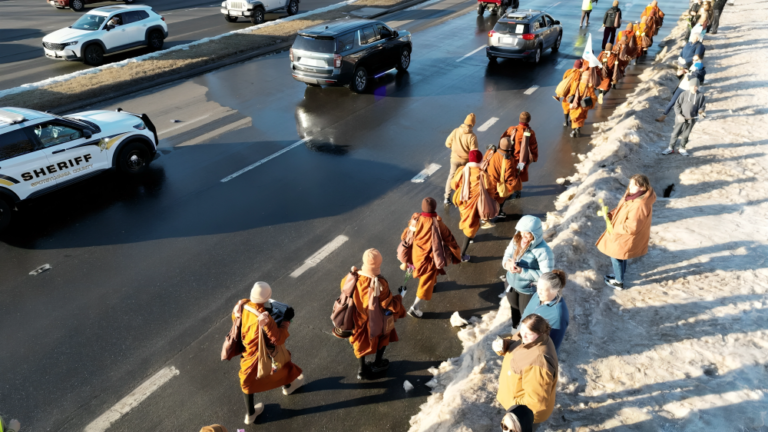The National Consensus Commission has revised the fifth clause of the July Charter 2025 following days of protests and mounting anger from the “July Fighters,” who played a central role in last year’s mass uprising. The amendment, announced in a press release on Friday, significantly expands the scope of justice and recognition promised under the historic document.
The newly revised clause declares that the state will prosecute those responsible for enforced disappearances, killings, and torture during the 16-year anti-Awami fascist democratic struggle, as well as all killings committed during the July–August 2024 uprising by members of the Awami League and its allied law enforcement agencies. It further pledges to provide state recognition to martyrs, extend monthly allowances, medical care, and rehabilitation to their families and injured participants, and guarantee legal immunity, protection of fundamental rights, and security for those directly affected.
This marks a notable shift from the earlier version of the clause, which had promised prosecution of perpetrators and recognition of martyrs but did not explicitly mention the Awami League’s role or guarantee legal immunity and security for families. The omission had sparked widespread criticism from the July Fighters, who argued that their sacrifices were being diluted in the official narrative.
On Thursday, Vice-Chairman of the Commission Prof Ali Riaz addressed a rally of protesters at the South Plaza of the National Parliament, confirming that the clause had been amended after extensive discussions with July Fighters and consultations with political parties. “Through this revision, we have reflected the key demands of the July Fighters and made the necessary urgent corrections to the commitments in the charter,” he said.
The July Charter, signed earlier this month, is seen as a cornerstone of Bangladesh’s political transition following the July Uprising. The amendment to Clause 5 underscores the growing influence of grassroots movements in shaping the country’s democratic future and highlights the Commission’s willingness to adapt under public pressure.
For many, the revision represents a victory for the July Fighters, whose protests forced the leadership to acknowledge their demands in writing. Analysts say the move could strengthen the legitimacy of the Charter but may also deepen political divides as accountability for past violence becomes a central issue in Bangladesh’s evolving political landscape.
Tags: July Charter 2025 amendment, July Fighters protests Bangladesh, Clause 5 July Charter revised, Ali Riaz July Charter speech, Bangladesh July Uprising 2024, National Consensus Commission amendment, July Charter martyrs recognition, Bangladesh political transition, July Fighters demands met, July Charter historic revision.












+ There are no comments
Add yours